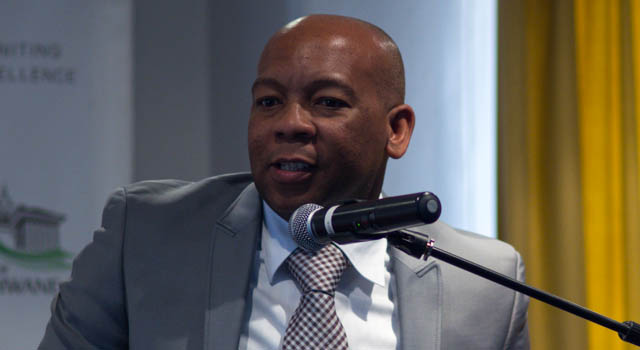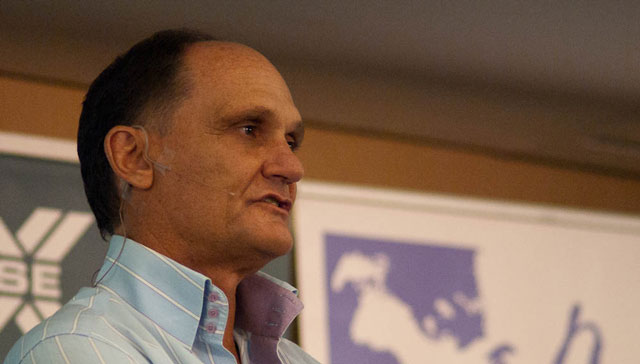
The City of Tshwane will soon offer free Wi-Fi connectivity in selected areas around Pretoria.
The first phase of the project, which will provide free connectivity to five locations by the end of November, will cover the Tshwane University of Technology’s Soshanguve campus, the University of Pretoria’s Hatfield campus, Tshwane North College, Mamelodi Community Centre and Church Square in the Pretoria CBD.
Phase two of the project will begin in early 2014 and focus on providing Wi-Fi coverage to schools in Soshanguve, Mamelodi and Atteridgeville.
It’s hoped the project will provide free Wi-Fi access to all government schools and tertiary institutions by 2016.
The initiative forms part of the city’s information and communications technology (ICT) strategy, another key element of which is turning Pretoria into a “smart city” using ICT to enhance the delivery of basic services, improve revenue collection (and generate new revenue), stimulate economic growth and attempt to bridge the “digital divide”.
Further plans include rolling out smart metering systems, intelligent traffic management systems and improving public safety.
In the past two years, the city has connected 100 municipal offices, libraries and customer care centres. It now intends expanding this coverage to include schools and public areas.
Tshwane mayor Kgosientso Ramokgopa says the city understands the socioeconomic value of increasing connectivity and making it readily available to citizens. The city intends laying fibre and other infrastructure as part of municipal construction projects to preempt future demand.

Ramokgopa says spare capacity on the city’s network will be sold to service providers. The project will allow people in underprivileged areas to access information previously unavailable to them, he says.
“Eventually, we want to come up with a method where we can make Wi-Fi free to all. We no longer think of it as a luxury … but as a commodity like electricity and water.”
According to Ramokgopa, the decision to provide connectivity in Pretoria’s Church Square was prompted by its being a location that draws “a natural confluence of people in the city, and in the main it is young people”.
He says the goal is to have at least 60% of the “land mass of the city” covered with Wi-Fi by the end of 2015, with the rest of it being covered the following year.
The free Wi-Fi project is being undertaken in partnership with Project Isizwe, a nonprofit global movement aimed at providing free Internet to Africa as a form of investing in the continent’s intellectual capital. Project Isizwe was founded by former Mxit CEO Alan Knott-Craig.
Knott-Craig says a decade ago Wi-Fi was still an expensive technology, particularly if one wanted to provide substantial coverage. That, he says, is no longer a problem. Also, although low-income communities previously didn’t have the necessary devices to make use of Wi-Fi, cheaper devices and having devices passed down is changing that.
Knott-Craig says the Wi-Fi base stations will include hard drives to store cached versions of Wikipedia and education resources. “This reduces break-out costs because we have to access data centres less frequently.”
Phase one of the project will be paid for by the city, which has budgeted R1m for it. The first phase is expected to provide 5 000sq m of coverage.
Users will not require a username or password to use the Wi-Fi and will have access to most websites, with the exception of pornography, which will be blocked. Download speeds will be limited to 1Mbit/s and users will be capped at 250MB/day. — (c) 2013 NewsCentral Media




